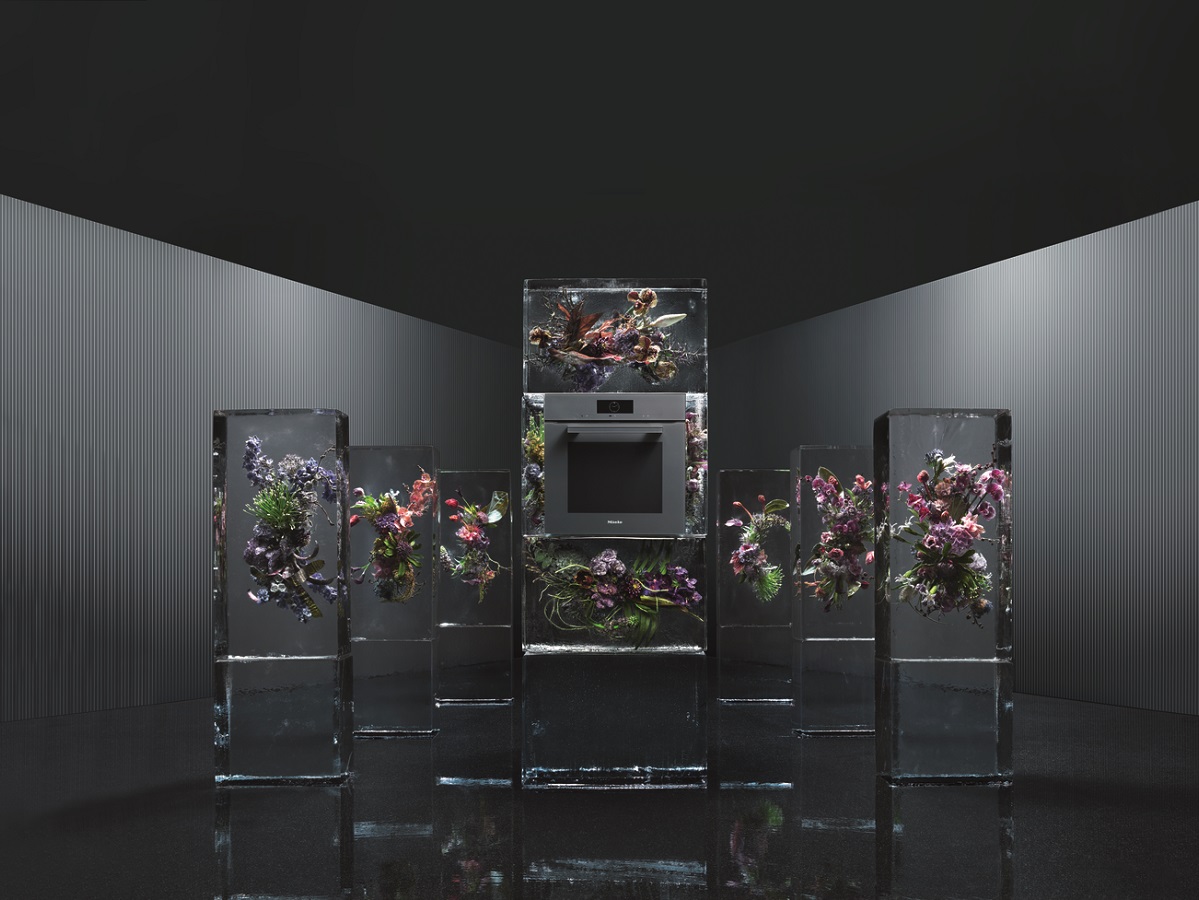Miele has been recognised with a German Sustainability Award 2023 – for the second time since 2014 – this time being acknowledged in the newly created Domestic Appliances category for long-lasting products and resource-saving production, as well as responsibility towards supply chains, employees and measures aimed at saving CO2.
“This new and significant award confirms our intensive pursuit of a holistic sustainability strategy and our efforts to push our commitment with consistency,” Miele executive director for human resources and corporate affairs, Rebecca Steinhage said.
Miele won its first German Sustainability Award in 2014 for ‘high-level continuity in sustainable corporate governance’ and today, sustainability continues to be at the forefront. Miele has the goal of setting up a circular value chain for domestic appliances.
“We aim to achieve a situation in which all materials used in our appliances are returned to the material cycle at the end of their life,” Steinhage added.
The German Sustainability Award honours the future goals set, but also the success of the company’s sustainability journey so far, particularly in relation to product.
“Our appliances are not only efficient when run in the Eco program but also prove to be energy-saving across all programs in daily use,” Miele vice president corporate sustainability and regulatory affairs, Christoph Wendker said.
Alongside the products, the jury recognised Miele’s commitment in expanding the use of renewable sources of energy. Miele has been CO2-neutral on balance for all Scope 1 and Scope 2 emissions since 2021 and is making efforts to further reduce emissions.
All production sites buy their electricity from green sources and harvest their own power and heat from PV arrays and geo-thermal plants, or are in the process of setting up such installations. CO2 emissions are cut in the supply chain through the use of green steel and green aluminum where production makes use of climate-friendly sources of energy. In the vehicle fleet, the transition to electric and hydrogen-powered vehicles is in full swing.
To achieve the goal of a completely circular economy, Miele has devised and tested various concepts, including the refurbishment and re-use of old appliances and materials. Recycled plastics have been tested and are already in use, and new production processes have been developed to cut down on materials.

